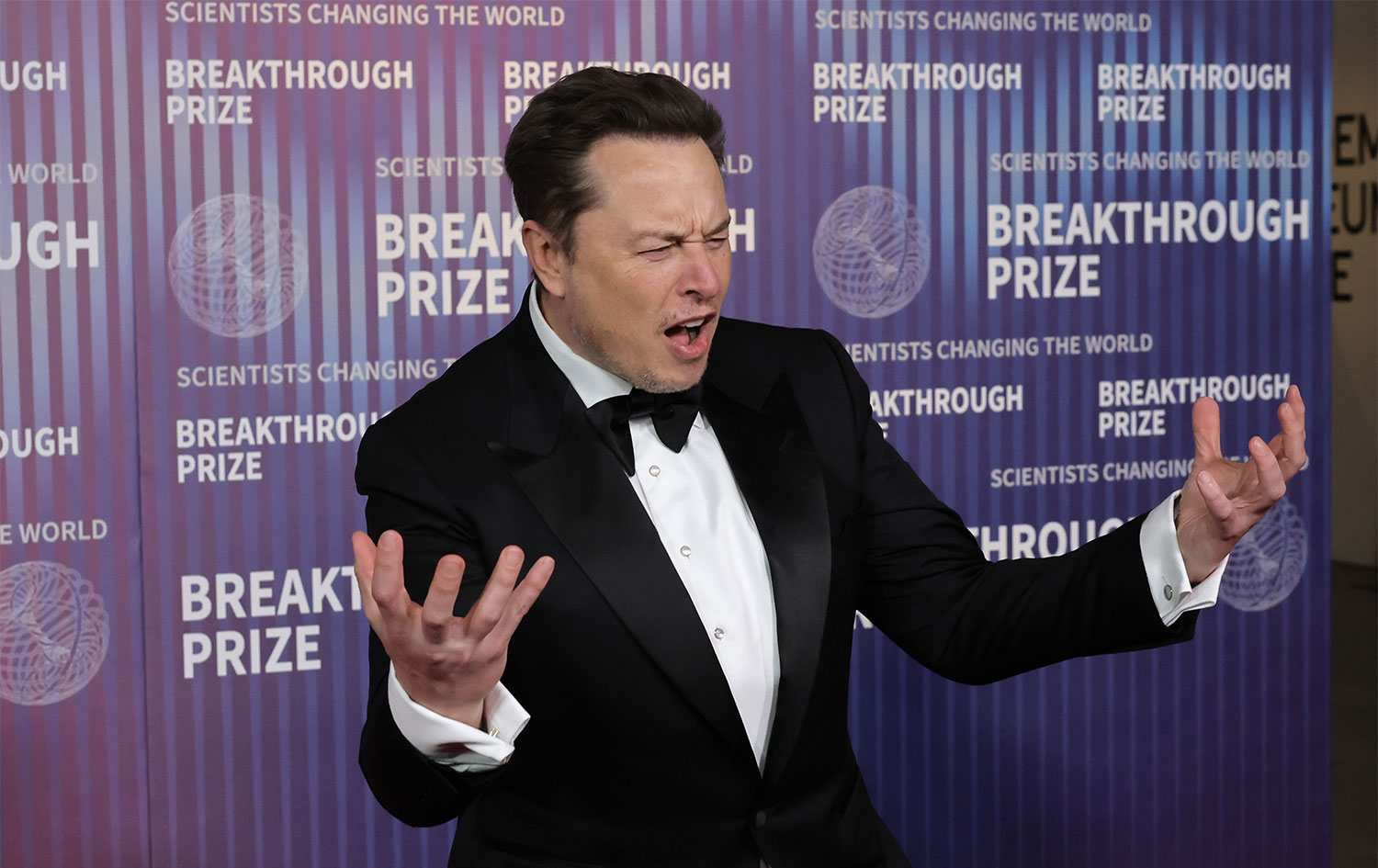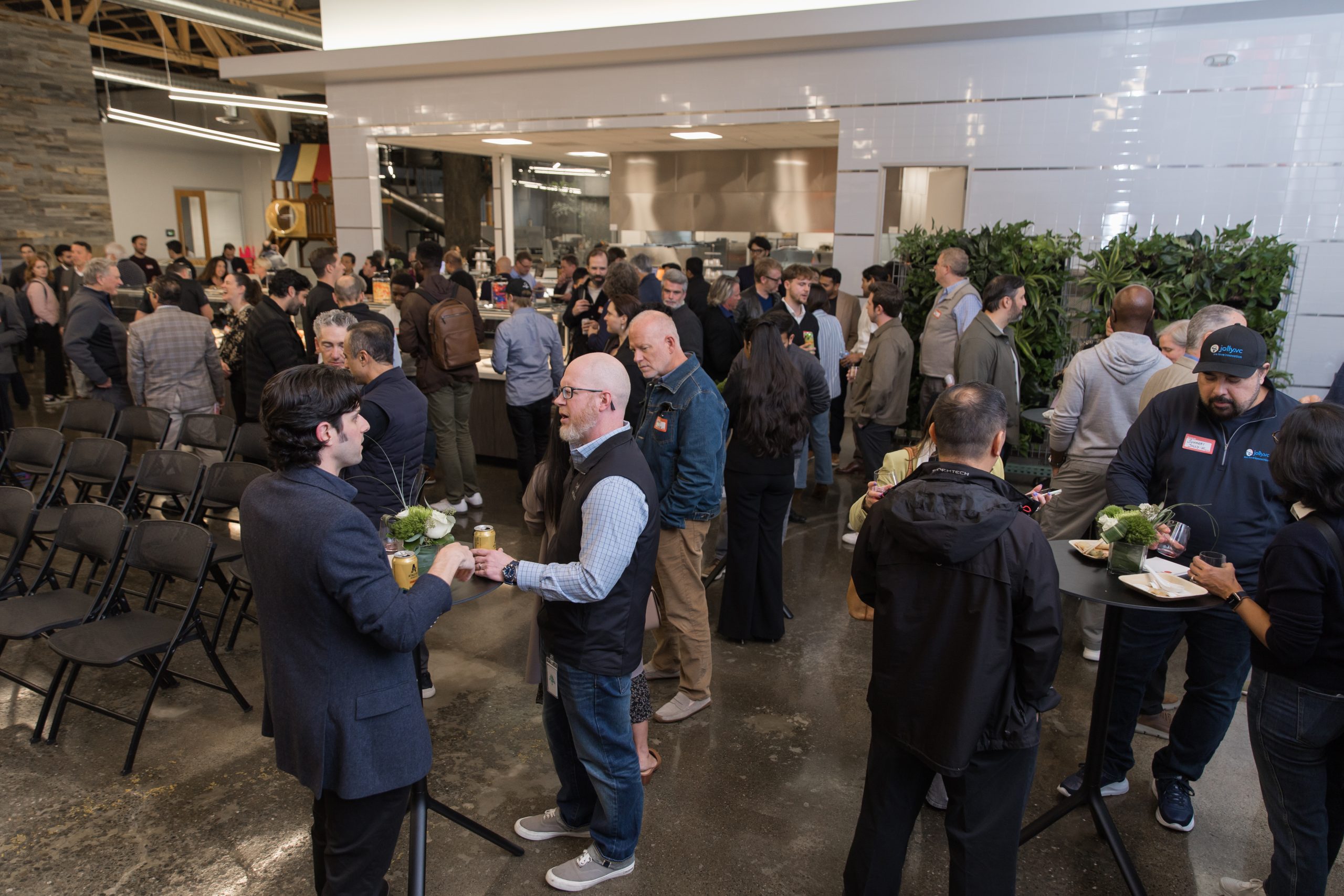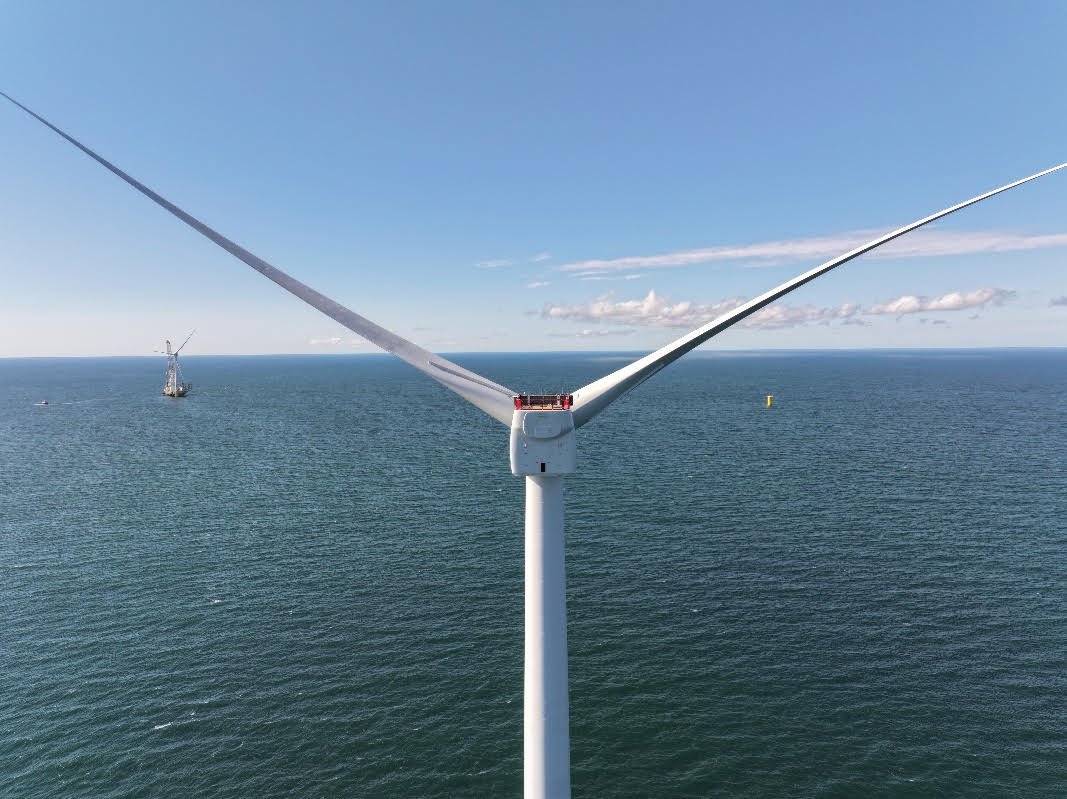
Shareholders of Tesla, the pioneering electric vehicle and artificial intelligence company, have delivered a decisive mandate, overwhelmingly endorsing a monumental compensation package for CEO Elon Musk. The approval, which could see Musk’s stake in the company increase significantly and potentially be valued at an unprecedented figure approaching $1 trillion based on future performance, reaffirms investor confidence in his leadership despite widespread scrutiny and a prior legal setback.
The vote, which saw more than three-quarters of participating shareholders support the contentious proposal, took place amidst an electrifying atmosphere at Tesla’s annual meeting in Austin, Texas. As the outcome was announced, the assembly erupted in chants of "Elon! Elon!", a vivid display of the fervent loyalty Musk commands among a significant portion of the company’s investor base. Flanked by Tesla’s humanoid Optimus robots, Musk himself captured the mood, proclaiming that the company was on the cusp of not merely a new chapter, but an entirely new "book" in its ambitious trajectory.
Anatomy of an Unprecedented Compensation Structure
This isn’t a direct cash payout. Instead, the approved package is a performance-based stock option grant, designed to align Musk’s personal wealth with Tesla’s long-term success. It comprises 12 distinct tranches of stock options, each vesting only if Tesla achieves a series of extremely ambitious operational, adjusted profit, and market capitalization milestones over the next decade. For instance, the company, which currently boasts a market capitalization around $1.5 trillion, would need to escalate its valuation dramatically to reach an astounding $8.5 trillion for all tranches to fully vest.
The structure echoes a similar, albeit smaller, compensation plan from 2018, which also tied Musk’s earnings directly to Tesla’s market growth and operational achievements. Under both plans, Musk receives no conventional salary or cash bonus; his compensation is entirely contingent on hitting these often-audacious targets. Proponents argue this structure is a powerful incentive, ensuring Musk remains singularly focused on maximizing shareholder value and driving the company’s ambitious technological frontiers, from electric vehicles and battery storage to artificial intelligence and robotics. Critics, however, point to the sheer scale of the potential payout as excessive, questioning the dilution it could impose on existing shareholders and the precedent it sets for executive compensation.
The Shadow of Past Litigation and Corporate Governance
The impetus for this fresh vote stemmed directly from a significant legal challenge that invalidated Musk’s previous 2018 compensation package. Last year, a Delaware Chancery Court judge struck down that $56 billion plan, ruling that Tesla’s board of directors had failed to adequately disclose crucial details about the negotiation process to shareholders. The court found that the board, which included several individuals with close ties to Musk, had not acted independently and that the process was "deeply flawed." This ruling sent shockwaves through the corporate governance landscape, highlighting the judiciary’s increasing scrutiny of executive pay and board independence, particularly in companies dominated by charismatic founders.
Tesla’s board vehemently disagreed with the Delaware court’s decision, characterizing it as a miscarriage of justice that ignored the company’s extraordinary growth under Musk’s leadership. They argued that the 2018 package was instrumental in incentivizing Musk to transform Tesla from a niche automaker into a global powerhouse, achieving milestones that once seemed impossible. In response to the ruling, and while appealing the decision, Tesla had provisionally awarded Musk $29 billion in shares earlier this year, an amount that would be nullified if the company’s appeal of the 2018 package ruling proves successful. The present shareholder vote, therefore, serves as a strategic maneuver by Tesla to bolster its legal position and re-affirm shareholder approval under more transparent conditions, aiming to address the very concerns raised by the Delaware court.
Musk’s Quest for Control: Beyond Compensation
Beyond the financial incentives, a central theme of Musk’s advocacy for the package was his stated desire to solidify his voting control over Tesla. He currently holds approximately 15% of the company’s shares. Musk has repeatedly articulated a need to increase his ownership stake to around 25% to prevent being ousted from the helm and to maintain decisive control over the company’s strategic direction, particularly concerning its burgeoning "robot army" and advanced AI projects. He argues that this level of control is essential for him to continue making the long-term, often high-risk, decisions necessary to realize Tesla’s ambitious vision without fear of being overruled by institutional investors focused on shorter-term gains.
This demand taps into a broader cultural discussion about founder control in modern tech giants. Companies like Meta (Facebook) and Google (Alphabet) employ dual-class share structures to ensure their founders retain significant voting power despite owning a minority of economic shares. Tesla, however, operates with a single-class share structure, making increased direct share ownership the primary path for Musk to achieve his desired level of control. His concern stems from the belief that without sufficient control, external pressures could divert Tesla from its "Master Plans" – a series of ambitious, long-term strategic blueprints he has historically laid out for the company’s future.
Campaigning for Support: A Multi-Front Battle
Securing shareholder approval for such a contentious package required an unprecedented and aggressive campaign by Tesla, its board, and senior executives. The company deployed a multi-pronged strategy, diverging significantly from its usual low-key public relations approach. It issued numerous public appeals, urging shareholders to vote in favor, framed as a vote for Tesla’s future and for Musk’s continued commitment.
Chairwoman Robyn Denholm, typically a private figure, engaged in multiple high-profile interviews with major news outlets, tirelessly advocating for the package. Her voice, she quipped, was nearly lost after weeks of campaigning, during which she reiterated her belief that "Tesla is at an inflection point," a phrase she estimated she had uttered thousands of times. Uncharacteristically for a company that famously eschews traditional advertising for its vehicles, Tesla even ran television advertisements specifically targeting shareholders, emphasizing the perceived necessity of the package for the company’s continued innovation and growth. This intense lobbying effort underscored the board’s conviction that Musk’s leadership was indispensable and that the compensation plan was critical to retaining him.
Market Reactions and Governance Debates
The approval of the pay package is likely to elicit varied reactions across different segments of the market. For many retail investors, who often form a passionate base of support for Musk, the vote is a validation of their belief in his visionary leadership and an endorsement of his ambitious plans for Tesla. These shareholders often prioritize long-term growth potential and disruptive innovation over traditional corporate governance norms.
Conversely, institutional investors, proxy advisory firms, and corporate governance advocates often view such large packages with skepticism. They frequently raise concerns about potential shareholder dilution, the alignment of board independence with executive interests, and the sheer magnitude of the compensation. The prior Delaware ruling itself highlighted these concerns, emphasizing the importance of a robust, independent process for determining executive pay. While the shareholder vote is a powerful indicator of support, it does not automatically resolve the legal appeal regarding the 2018 package. The ongoing legal battle and the potential for further scrutiny of corporate governance practices will likely remain a significant talking point.
The package’s approval also has broader implications for the executive compensation landscape, potentially setting a new benchmark for performance-based awards in the tech sector. It highlights the tension between rewarding transformative leadership and ensuring equitable distribution of corporate value among all stakeholders. Some analysts suggest that the "Master Plan 4," a strategic document released by Tesla in September, was part of the narrative to justify the compensation. However, even Musk himself conceded that the plan was "gauzy and unspecific," promising more details that have yet to materialize. This vagueness around future plans, while not uncommon for visionary companies, adds another layer to the debate around the rigor and clarity of the performance targets tied to the compensation package.
The Road Ahead: Vision or Vulnerability?
With the shareholder vote concluded, Tesla now embarks on its "new book," as Musk described it, with its CEO’s incentivization structure firmly in place. The success of this package, and indeed of Tesla itself, hinges on the company’s ability to achieve the formidable milestones embedded within the compensation plan. These include not only unprecedented market capitalization growth but also significant advancements in operational efficiency and profitability across its diverse business units.
The path ahead is not without challenges. The automotive industry continues to evolve rapidly, with increasing competition in the EV space. Tesla’s ventures into AI and robotics, while promising, are also capital-intensive and fraught with technical complexities. The approved pay package, while celebrated by many, simultaneously places immense pressure on Musk and the company to deliver on their ambitious promises. It underscores the high-stakes gamble shareholders have taken, banking on the singular vision and execution capabilities of one of the world’s most influential, and often controversial, business leaders to redefine the future of technology and transportation. The coming decade will reveal whether this historic compensation agreement truly unleashes an era of unparalleled innovation and value creation, or whether it becomes a cautionary tale in the annals of corporate governance.






